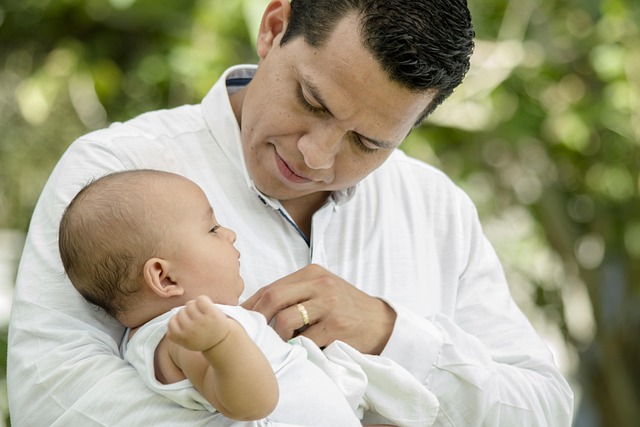In Oregon, the child welfare system balances protecting at-risk children with upholding parental legal rights. The state's Department of Human Services coordinates services like foster care and adoption support while respecting parents' decisions regarding medical, educational, and religious choices. Parents have robust legal protections, including the right to participate in all significant decisions and access case information. Oregon law harmonizes child welfare and parental rights by offering informal services or, when necessary, legal proceedings to safeguard children's interests while empowering informed parental choices.
In Oregon, navigating child welfare and parental legal rights is a delicate balance between ensuring child safety and upholding parental liberties. This comprehensive guide delves into the intricacies of Oregon’s child welfare system, equipping parents with the knowledge they need to understand their rights and responsibilities. We explore critical aspects such as legal procedures, fair treatment guidelines, and the delicate equilibrium between child protection and family preservation. By understanding these dynamics, parents can confidently navigate the legal landscape while ensuring their rights are protected.
- Understanding Oregon's Child Welfare System: An Overview
- Parental Legal Rights in Oregon: What Every Parent Should Know
- The Balance: Child Safety vs. Parental Rights
- Navigating Legal Processes: Ensuring Fair Treatment for Parents
Understanding Oregon's Child Welfare System: An Overview

Oregon’s child welfare system is designed to protect and nurture children while ensuring their well-being. It involves a network of services, including foster care, adoption support, and interventions aimed at keeping families together whenever possible. The state’s Department of Human Services plays a pivotal role in coordinating these efforts, collaborating with local communities and organizations to meet the diverse needs of Oregon’s youth.
Understanding parental legal rights is a crucial aspect of this process. In Oregon, parents have the right to make decisions regarding their children’s care, including medical choices and educational placements. However, if concerns about a child’s safety or well-being arise, the state may intervene. This often involves informal services to support families or, in more severe cases, formal legal proceedings to ensure the child’s protection.
Parental Legal Rights in Oregon: What Every Parent Should Know

In Oregon, parents have specific legal rights and protections when it comes to their children’s welfare. Understanding these rights is crucial for any parent facing child-related legal issues. Every parent should be aware that they have the right to be involved in all significant decisions regarding their child’s care, treatment, and education. This includes the right to consent to medical treatments, participate in educational planning, and make choices related to their child’s religious or spiritual upbringing.
Oregon law also ensures parents are informed about any investigations or actions involving their child’s well-being. They have the right to access case information, challenge any allegations, and retain legal counsel to protect their parental rights. Knowledge of these entitlements empowers parents to navigate complex child welfare systems effectively and ensure their voices are heard in any legal proceedings related to their children.
The Balance: Child Safety vs. Parental Rights

In Oregon, the balance between child safety and parental rights is a delicate one. Child welfare agencies have a legal duty to protect children from harm, neglect, or abuse. This often involves involving themselves in families’ lives— conducting investigations, providing services, and, in severe cases, removing children from their homes. While these measures are designed to ensure a child’s well-being, they can also trigger significant legal rights concerns for parents. Parental legal rights include the fundamental ability to make decisions about their child’s upbringing, care, and welfare. This includes decisions related to education, healthcare, and religion. Striking a balance between safeguarding a child’s safety and upholding parental rights is a complex task that requires careful consideration of both factors. Oregon’s legal framework aims to protect vulnerable children while also preserving the rights and responsibilities of parents.
Navigating Legal Processes: Ensuring Fair Treatment for Parents

Navigating the legal process related to child welfare and parental rights can be a challenging and emotionally taxing experience for parents in Oregon. It’s crucial that all parties involved are treated fairly and have access to comprehensive information from the outset. Understanding the intricate web of laws and regulations is essential to ensuring that parental rights are protected, especially during times of dispute or uncertainty.
Parents should be actively engaged in every step of the process, given the opportunity to present their case and offer insights into their ability to care for their children. This includes clear communication with legal representatives, understanding court orders, and staying informed about upcoming hearings. Ensuring fair treatment means recognizing the importance of parental involvement, prompt access to legal counsel, and a thorough examination of all relevant factors in each unique case.
